The past can often bring up painful memories and difficult emotions which can affect our future and our entire life. Letting the past go can be very challenging mostly because of unresolved issues.
However, remembering the past is not what causes us pain & suffering, and ties us to different negative thoughts and emotions. It is our inability to detach from the attachment to that past which keeps us from finding freedom and happiness. Mindfulness can help us learn how to let go of the past, the traumatic memories and the attachments related to it by bringing our focus to the present moment and appreciating what we have right now.
“No one outside ourselves can rule us inwardly. When we know this, we become free.” – Buddha
Many of us have painful memories that we would rather forget – a difficult childhood, painful relationship, or traumatic event. We usually find ways to avoid thinking about them, so we don’t relive the painful emotions.
The reason they continue to cause us pain and suffering is that they remain unresolved. They fester in our subconscious mind, and manifest themselves daily in our attitudes and actions, and therefore, our relationships.
At the same time, we want to live happy and fulfilling lives. However, as long as these issues remain unresolved, we will never find freedom from our suffering, or realize the peace and happiness we’re searching for.
Here we’re going to look at how the mindfulness practice can help you overcome your painful past. But first, we’ll discuss some of the sources of our painful memories, things we do to avoid them, and their cost.
Related: How Mindfulness Can Improve Your Overall Mental Health
Sources of Painful Memories
“Be careful who you make memories with. Those things can last a lifetime.” – Ugo Eze
There are various sources of painful memories. The main ones are our relationships with our parents, romantic relationships, and traumatic events.
Many of us have strained relationships with our parents. We often feel like they didn’t give us some of the things we needed, such as love, attention, or financial support. Maybe they were neglectful, or even abusive. Whatever the case, we carry many of these painful childhood memories through much of our lives.
If we didn’t have good relationships with our parents, then chances are that our romantic relationships didn’t go much better. If our parents don’t teach us how to have healthy relationships, then we simply bring our lack of coping skills into all our subsequent relationships.
When we don’t get what we feel we need from our parents, we tend to expect those things from our partners. Sometimes we place unreasonable expectations on our partner, which are difficult for him/her to meet. This is where the power struggle begins.
Some of us may have experienced a traumatic event that we never fully dealt with. Some examples are verbal and physical abuse, sexual abuse, or even an accident. These can have long-lasting effects, especially if we haven’t sought professional help, or developed good coping skills.
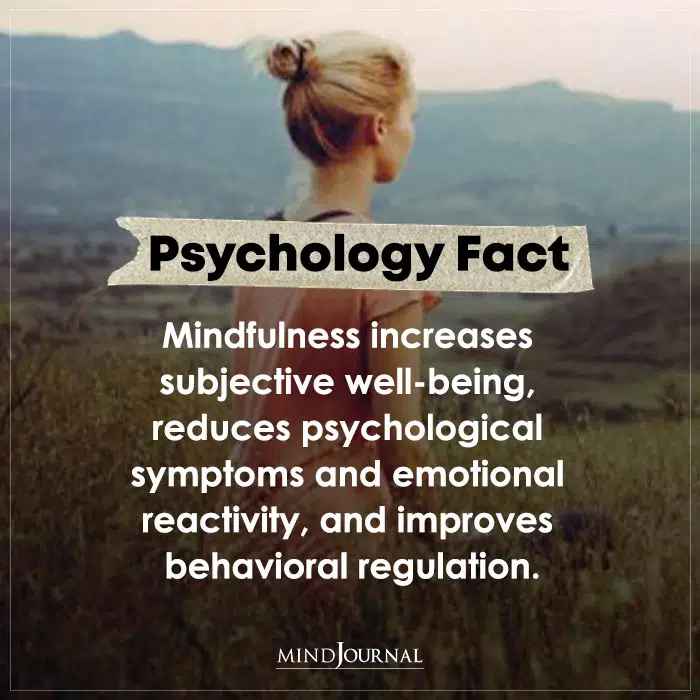
Things We Do to Avoid Painful Memories
“Memories are dangerous things. You turn them over and over until you know every touch and corner, but still, you’ll find an edge to cut you.” – Mark Lawrence
It’s natural for us to want to avoid painful memories, especially if we haven’t yet learned how to deal with them. In such cases, we may feel powerless to do anything about them.
If someone else is the cause of our pain and suffering, then we may expect them to rectify the situation. But this is usually unrealistic. The person responsible may be far removed from our lives by time, distance, or their passing. They may also be unwilling.
When we don’t know how to deal with painful memories, we develop defense mechanisms to help us avoid the feelings associated with them. This usually involves trying to avoid thinking about those memories.
We may avoid situations that trigger painful memories. For example, if we had a particularly unhappy childhood, we may avoid family reunions. Or, if we had a bad experience with a person, we may avoid similar people.
I once had a coworker who did everything she could to avoid talking to me, and if she did, it was short and to the point. She had no problems with anybody else – just me. I later came to find out that I looked a lot like her ex-boyfriend. And to make matters worse, I started working for the company on the same day as her birthday.
Another mechanism we use to avoid painful memories is to keep our minds occupied so that they don’t rise to the surface. We do this by staying as busy as possible. This doesn’t leave any room in our conscious mind for memories to rise from our subconscious mind.
We may also surround ourselves with a lot of noise and activity. This has the same effect as staying busy.
The problem with having too much noise and activity in our life is that it over-stimulates our mind, and we’re not able to slow it down. We’re essentially trapped. We may want a quiet mind, but we’re afraid of it.
In some cases, people turn to drugs and alcohol. These dull the mind, making it easier to avoid remembering a painful past. The people who use drugs or alcohol to deal with painful memories either have experienced some severe trauma, or they haven’t learned how to deal with life in general. In the latter case, they probably grew up in a dysfunctional environment and were unable to form healthy bonds with their parents, or other people.
Related: 20 Signs It’s Time To Let Go Of The Past And Move On
The Cost of Carrying That Baggage
“Memories are what warm you up from the inside. But they’re also what tear you apart.” – Haruki Murakami
Just about all of us are carrying some baggage from our past, whether we realize it or not. What we may realize even less is how much that baggage is impacting our lives. It will manifest itself into our attitudes about other people, and therefore, how we deal with them, i.e. our relationships.
For example, if a partner betrayed us in the past, then it’s likely that we’ll have difficulty trusting a future partner. That distrust may become so deeply ingrained in our psyche that we may even gravitate toward people who are not trustworthy because it reinforces our views of other people.
In general, all of our unresolved issues will fester in our subconscious until we confront and transform them. The cost is our inner peace, freedom, and happiness.
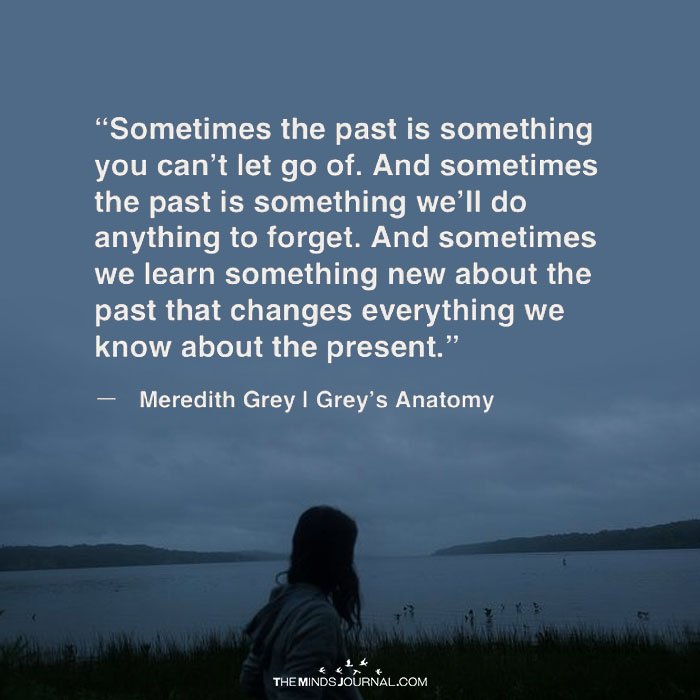
Mindfulness Approach to Happiness
“Be mindful even if your mind is full.” – James De La Vega
Most of us have been taught that happiness comes from the acquisition of material possessions, and through accomplishments. With money, we can buy things that make us feel good, such as a new car, clothes, jewelry, etc. Our accomplishments give us a sense of pride. They make us feel good about ourselves.
The one thing that material possessions and accomplishments have in common is that they bring us sensual pleasure or emotional gratification. That is, they appeal to our senses and emotions. And we tend to equate this with happiness.
The problem with this approach is that our feelings and emotions are, by nature, short-lived. So, we need to keep engaging in activities that make us feel good in order to be happy. Well, what happens when we run out of money? How about if we have plenty of money, and material possessions lose their effectiveness?
The mindfulness approach to happiness is entirely different. Instead of doing things that make us feel good, we eliminate the sources of our suffering. Then we’re left with inner peace, which is much more stable than our emotions.
Mindfulness Approach to Healing
“Mind is a flexible mirror, adjust it, to see a better world.” – Amit Ray
So how do we eliminate the sources of our suffering? Well, we change the way we process painful situations. This generally involves changing our attitudes about other people.
If we begin to change the way we view other people, then the painful memories will look different when we reexamine them. If our attitude becomes more loving, then we’ll become more forgiving, and be better able to let go of past hurts, anger, and resentment.
Related: 5 Mindfulness Hacks To Feel Better Instantly
How to Change Our Attitude with Mindfulness
“The present moment is filled with joy and happiness. If you are attentive, you will see it.” – Nhat Hanh
Mindfulness can help you let go of past hurts & heal yourself:
1. Through mindfulness meditation.
Mindfulness meditation will help you expand your awareness. What this means is that you’ll be able to see situations on a deeper level, and more broadly. For example, if someone in the past hurt you, you can look beyond his actions. You may look at his upbringing to understand why he treated you the way he did.
Usually, people who hurt others are unhappy and get some relief by inflicting pain on others. This is the only way they know how to deal with their pain and anger for the injustices that were done to them. When we can see them as a 5-year old child being abused, then our compassion for them will grow. This will help us forgive them, and free us of our own pain and suffering.
2. Loving-kindness writing meditation.
Through writing meditation, you can reprogram your subconscious mind with more positive attitudes. The way it works is simple. You simply copy the meditation by hand for about 5-10 minutes a day. This will imprint the affirmations of the meditation into your subconscious mind, and then they’ll manifest themselves in your actions without any conscious effort.
You can learn more about loving-kindness writing meditation here.
3. The mindfulness practice itself.
There is more to the mindfulness practice than just meditation. It also involves connecting with other people, deep listening, mindful speech, getting involved in a spiritual community, participating in a mindfulness retreat, and more. All these practices will help make you more resilient to the hurtful words and actions of other people.
Related: 7 Simple Strategies to Increasing Mindfulness in as Little as 30 Seconds
Let the Memories Arise
“Awareness is the greatest agent for change.” – Eckhart Tolle
I know that it can be scary to think about painful events from your past, but mindfulness is a powerful practice that can help you develop greater understanding and compassion. Those painful memories will look much different when you look at them with a mindful eye.
Mindfulness will also help you develop the inner strength necessary to transform those painful memories, so they never cause you pain and suffering again. This will lead to healthier and more fulfilling relationships.
When you finally let go of your painful past, you’ll find a freedom that you never thought possible. Then you’ll know the true meaning of inner peace and happiness.
Here’s an interesting video on the power of mindfulness and how it can help let go of your past hurts and heal:
Adapted from Mindfulness Meditation Made Simple: Your Guide to Finding True Inner Peace.
Mindfulness Meditation Made Simple: Your Guide to Finding True Inner Peace (Paperback)
Quick Start to Mindfulness Meditation (cd)
Inner Silence: Guided Relaxation Meditations for Inner Peace and Restful Sleep (cd)
Mindfulness for Busy People (online course)
Written By Charles Francis
Originally Appeared On The Mindfulness Meditation Institute
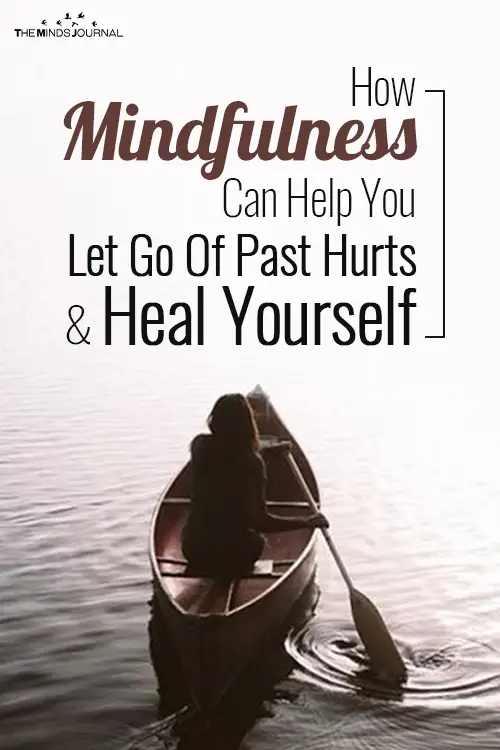
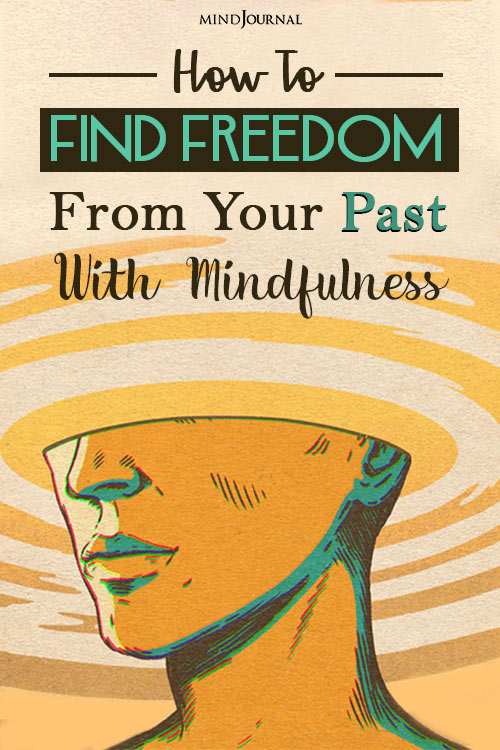

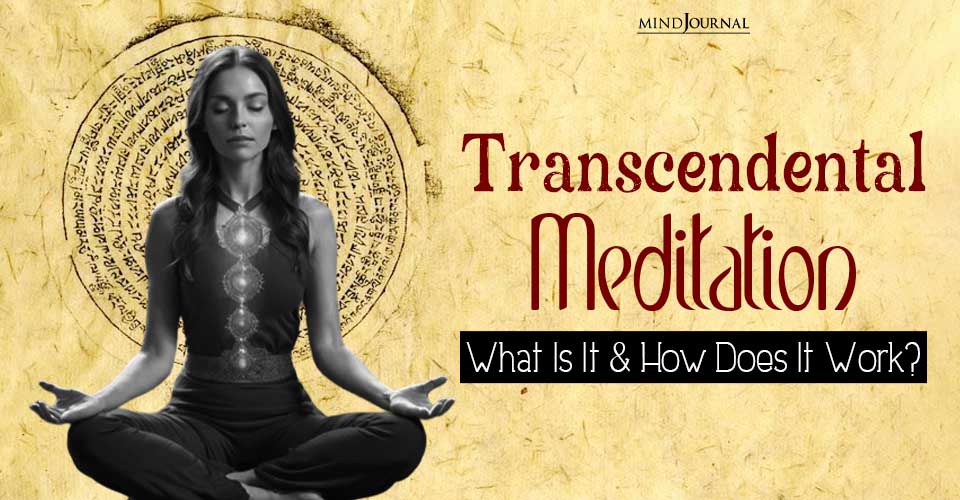
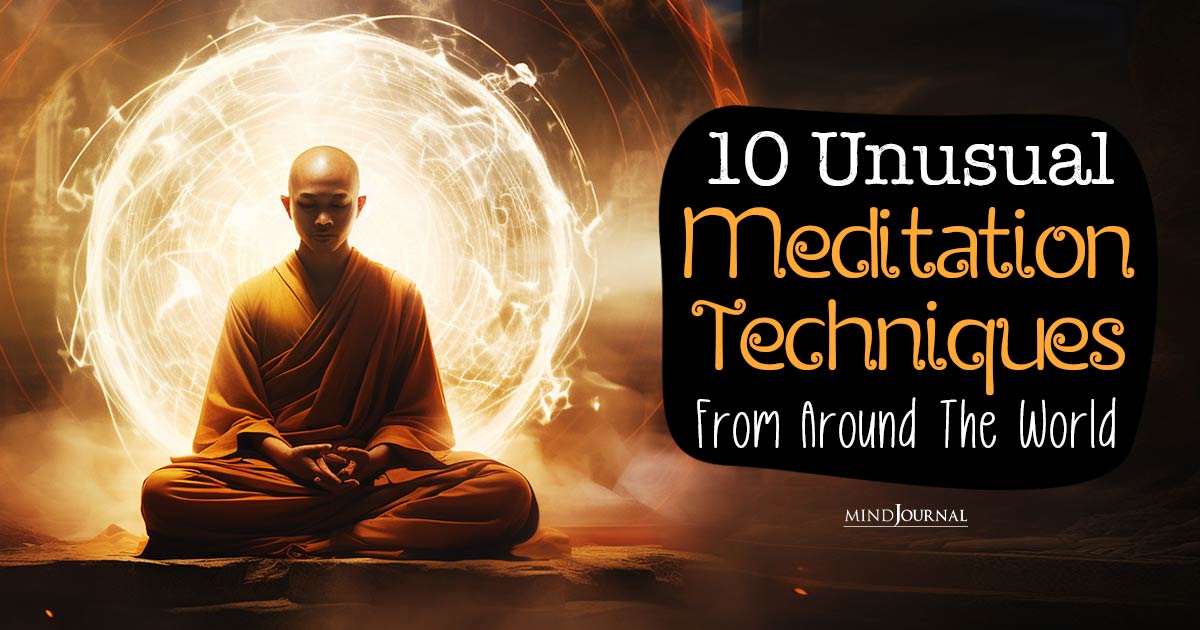
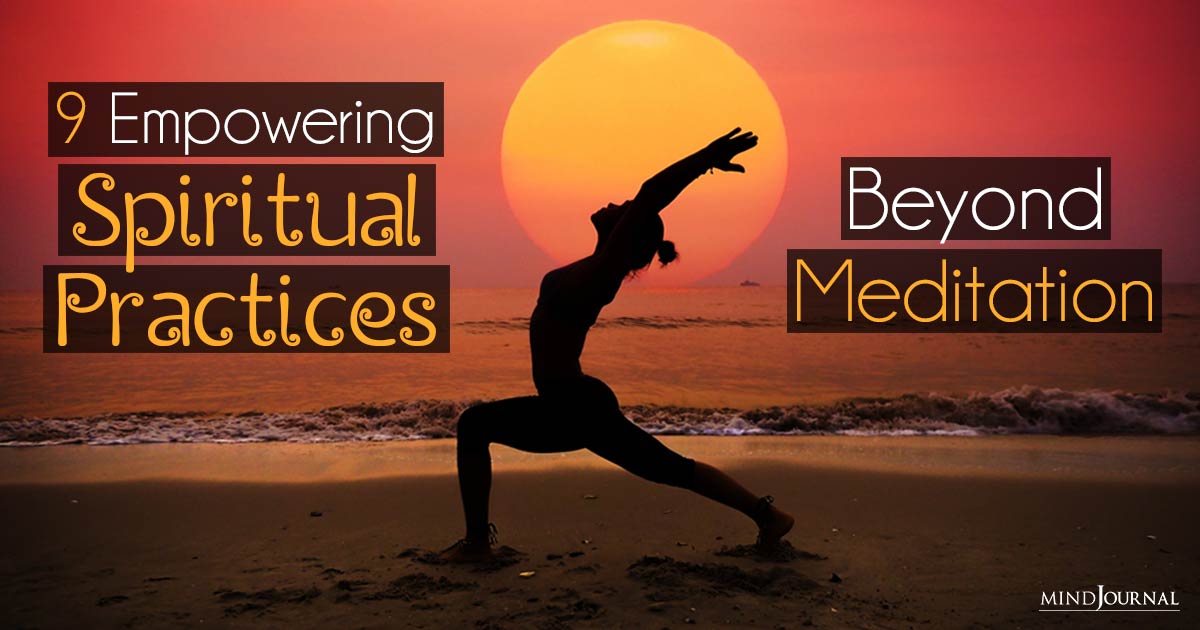
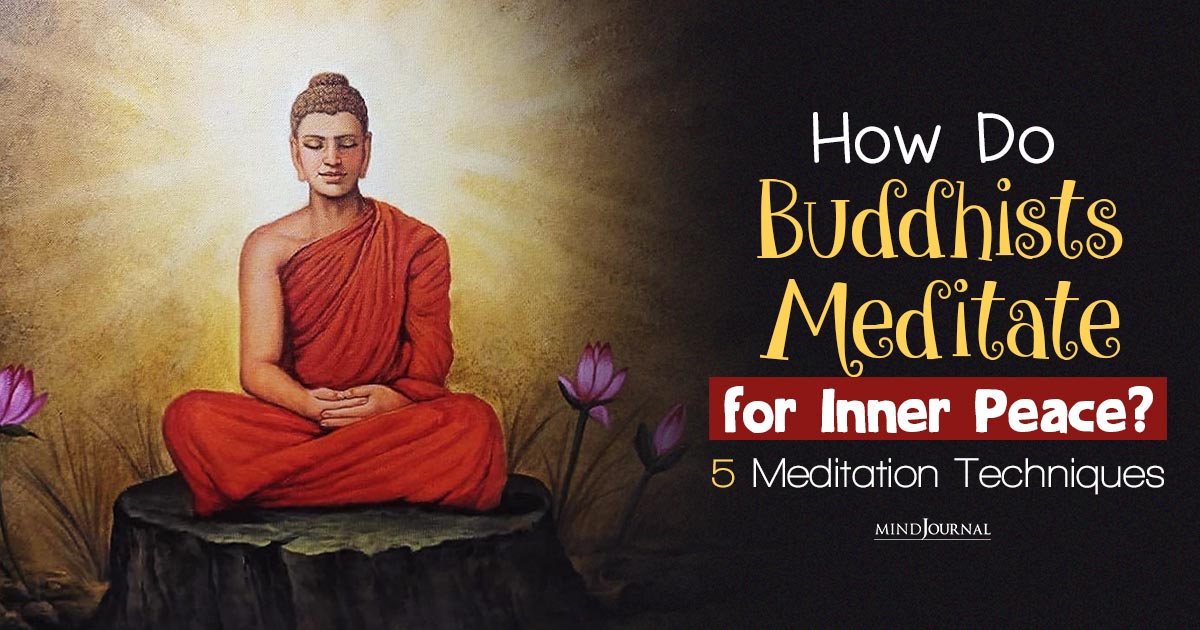
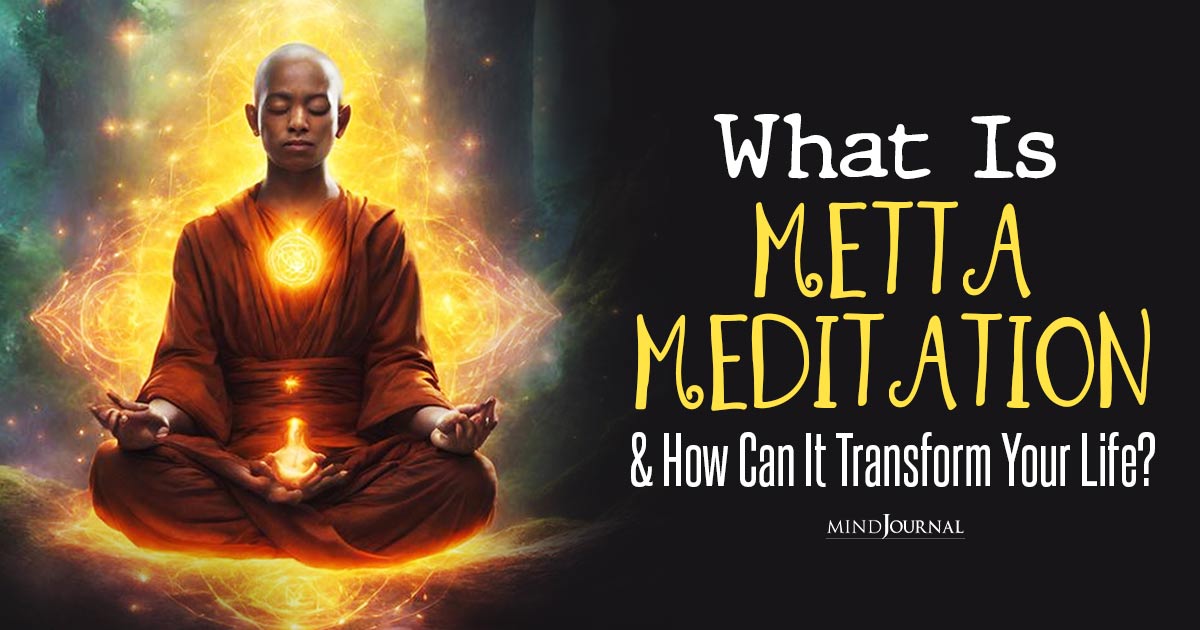
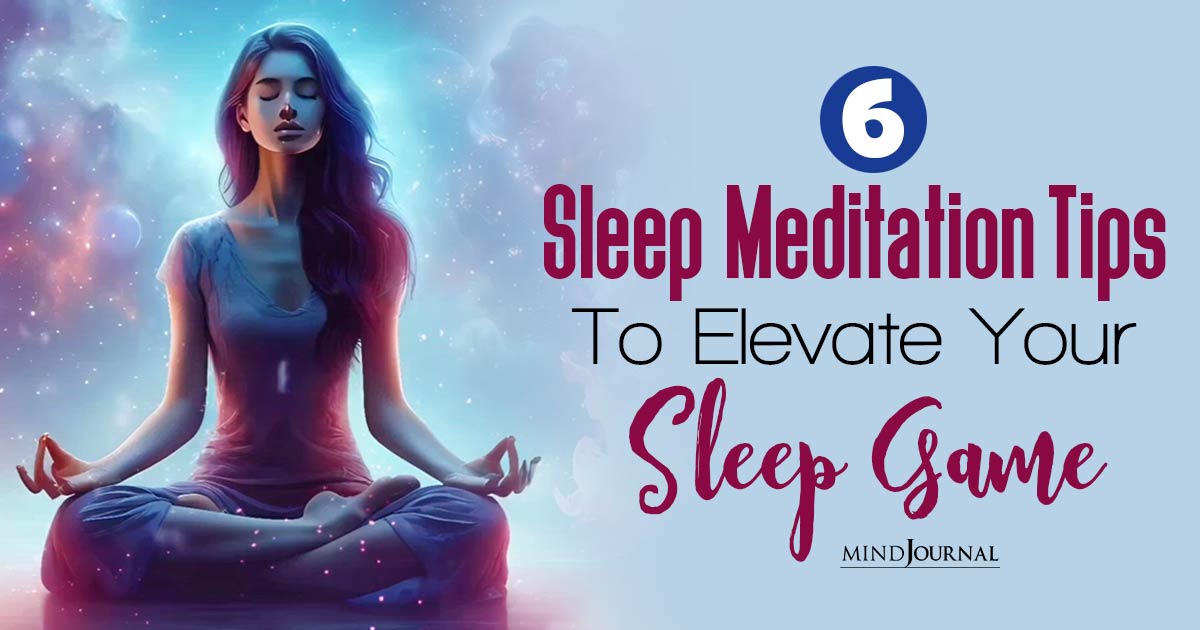
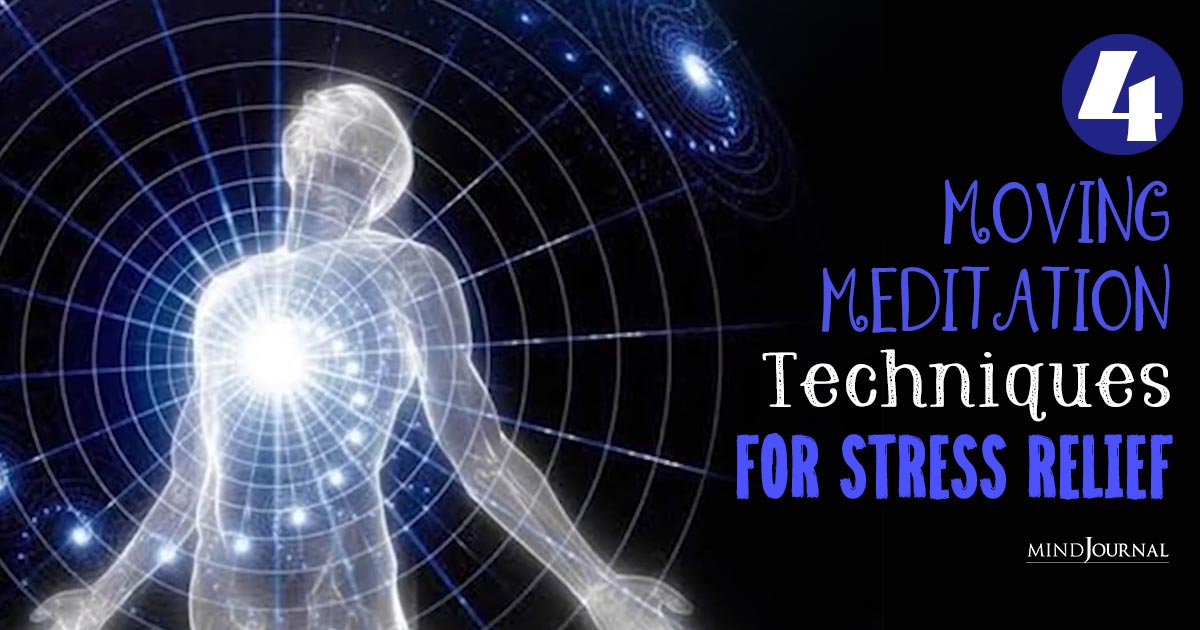
Leave a Reply
You must be logged in to post a comment.